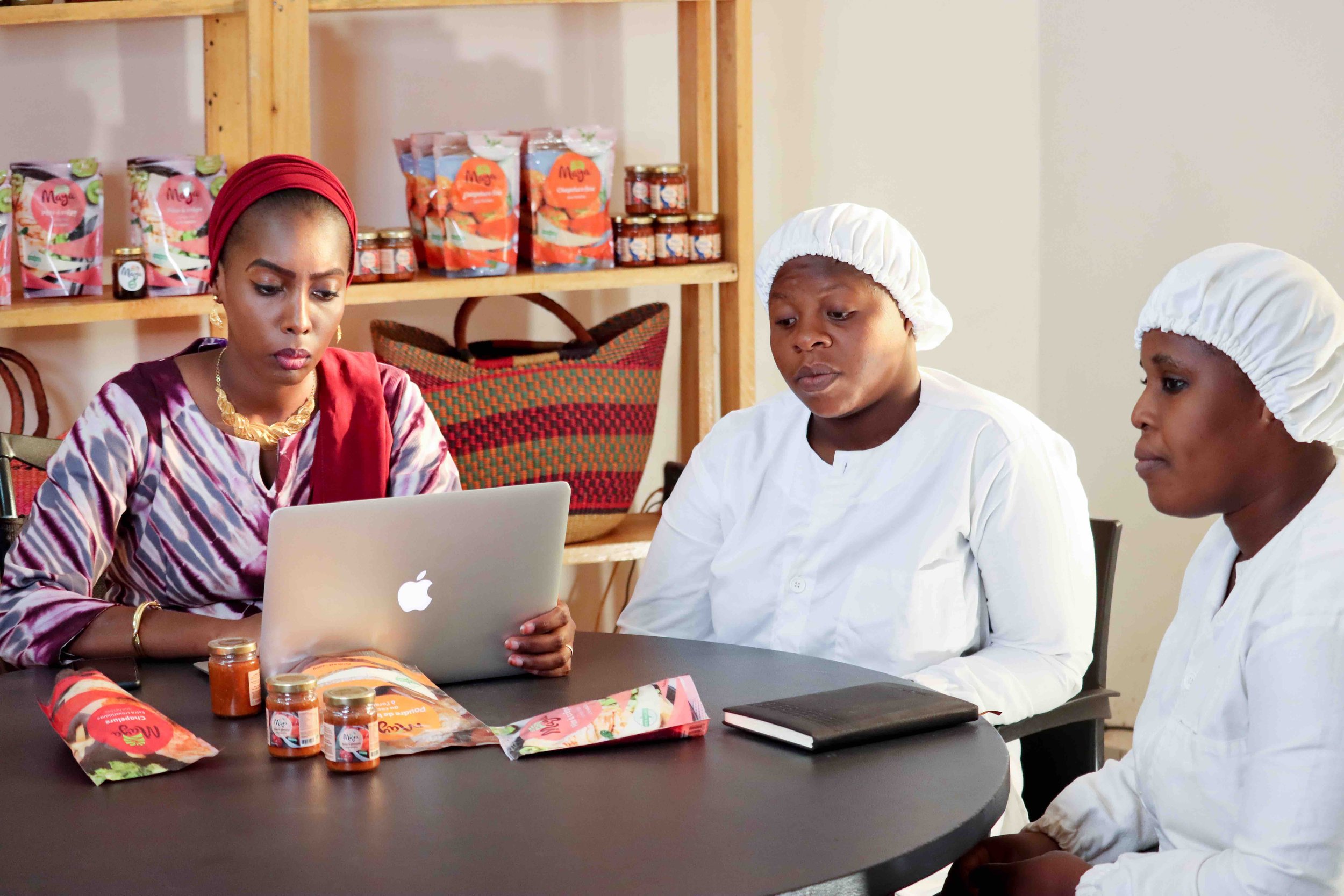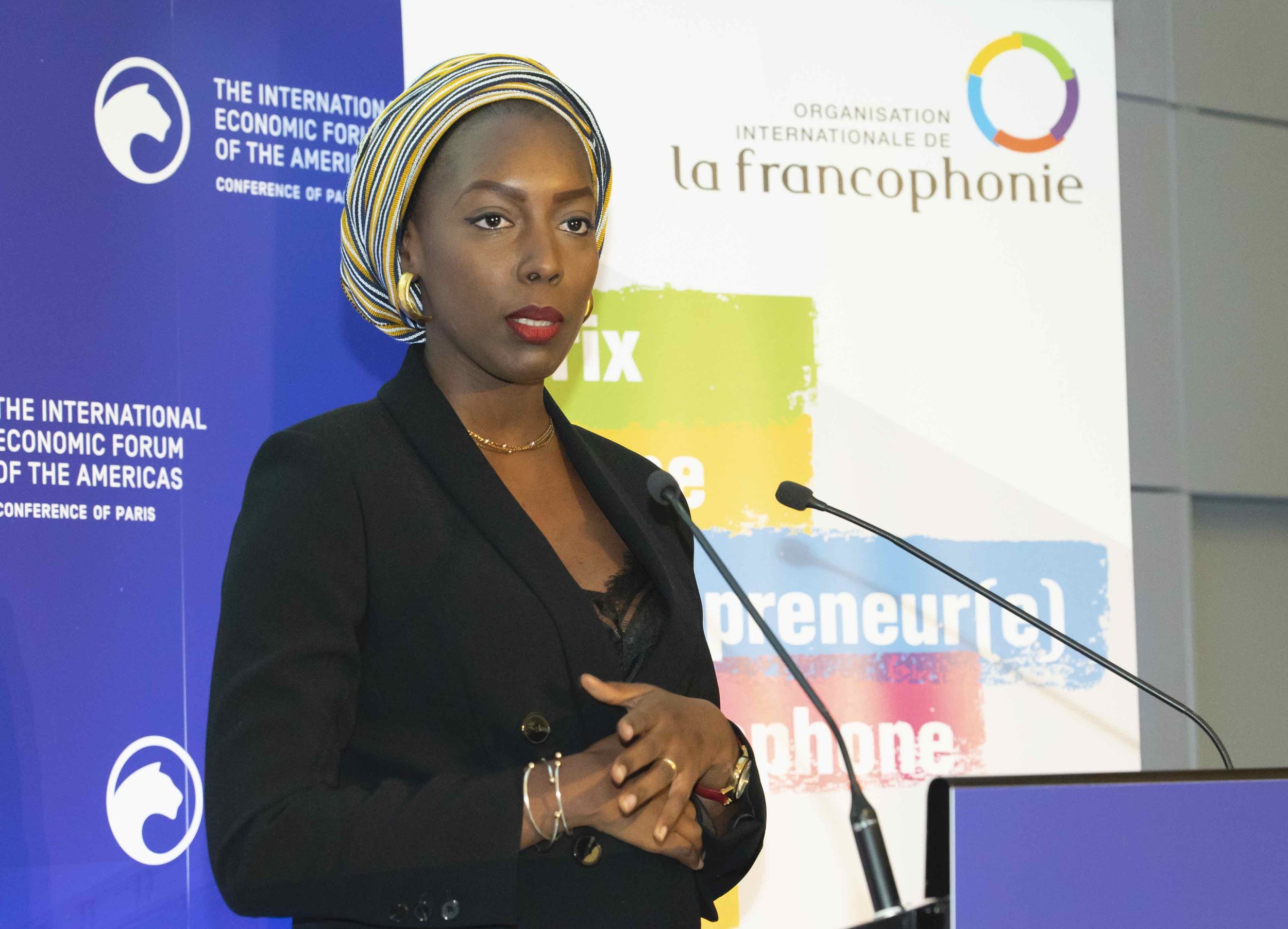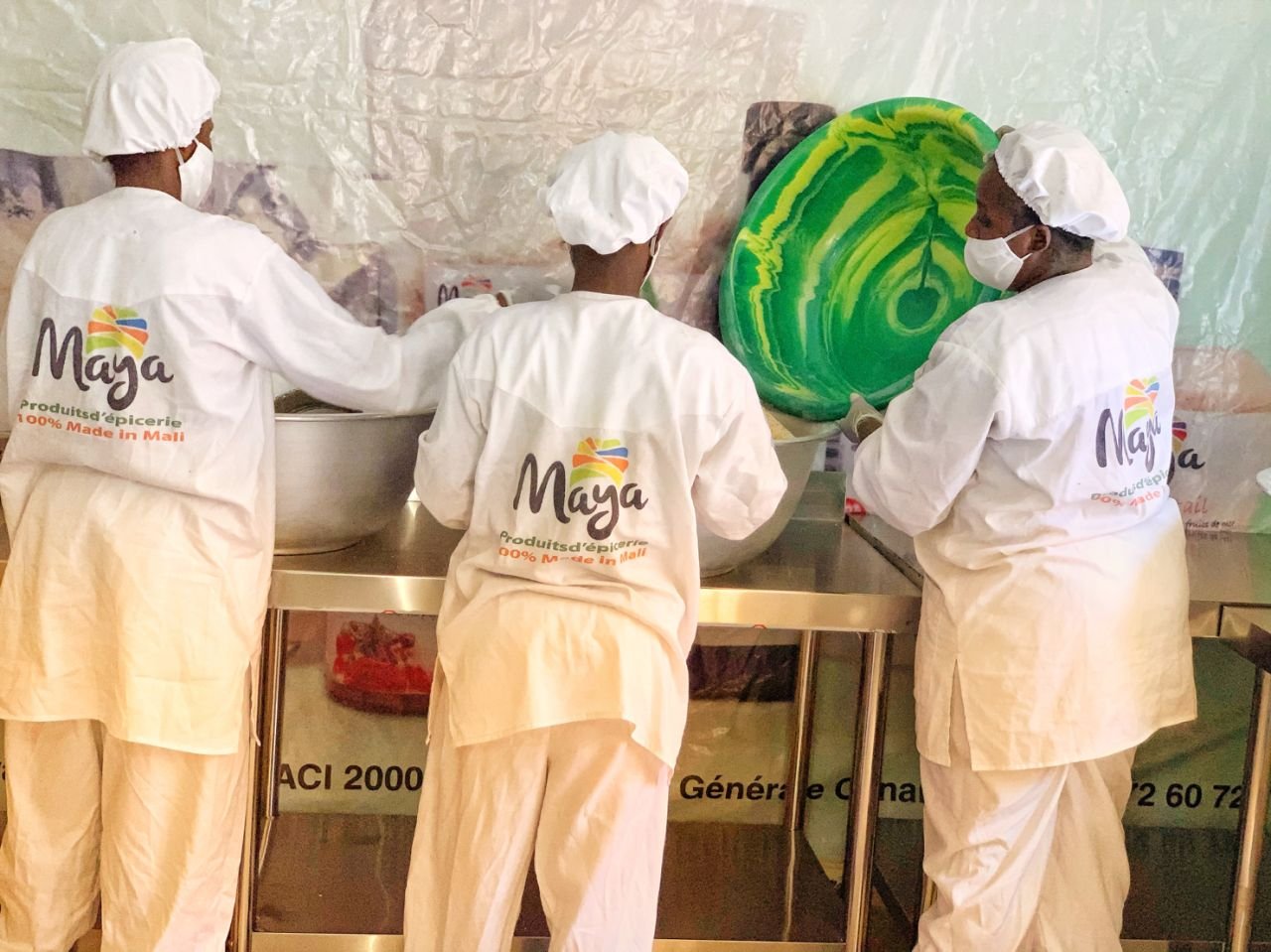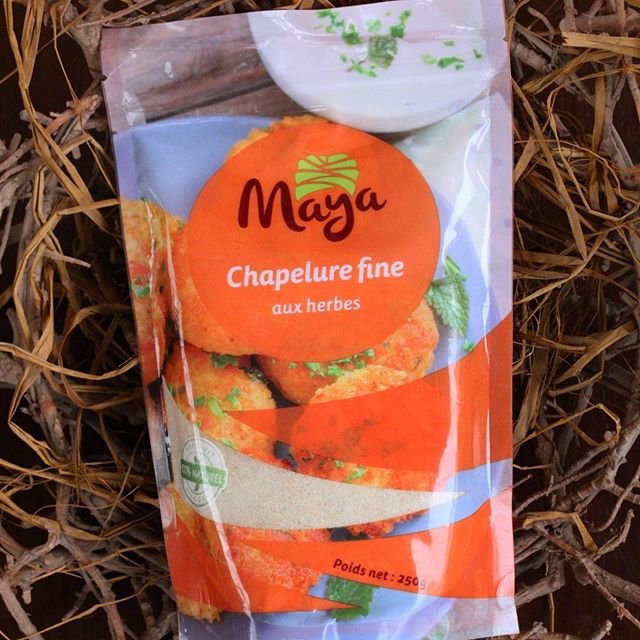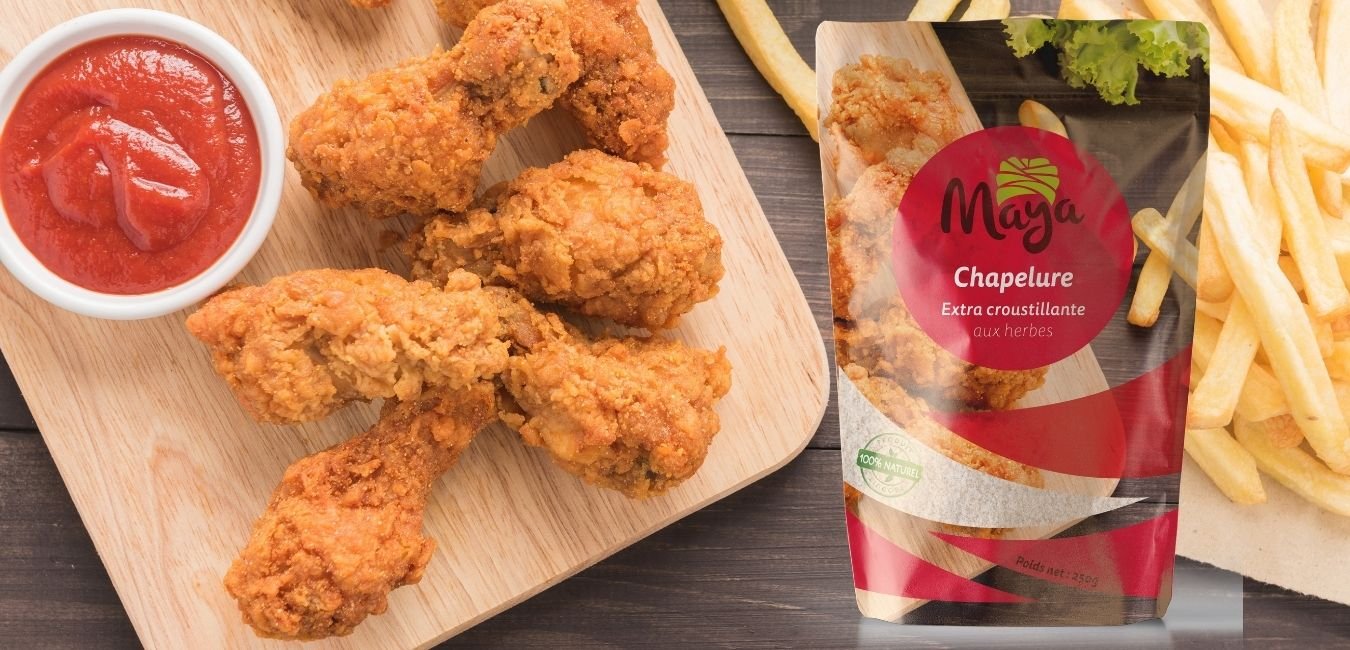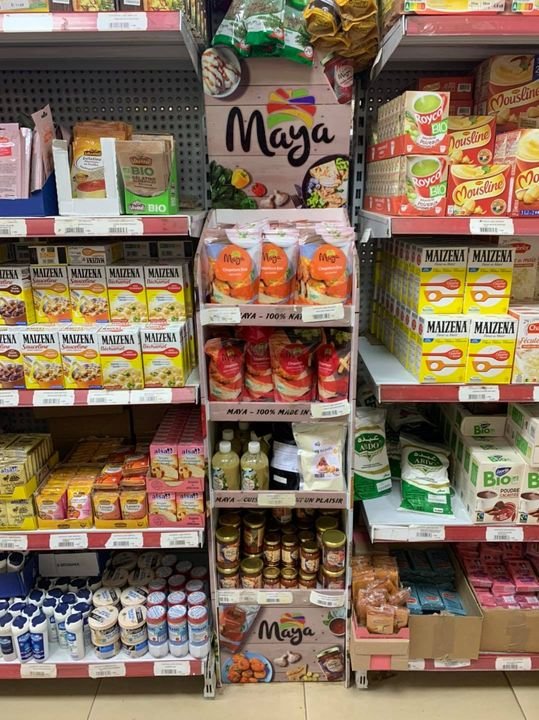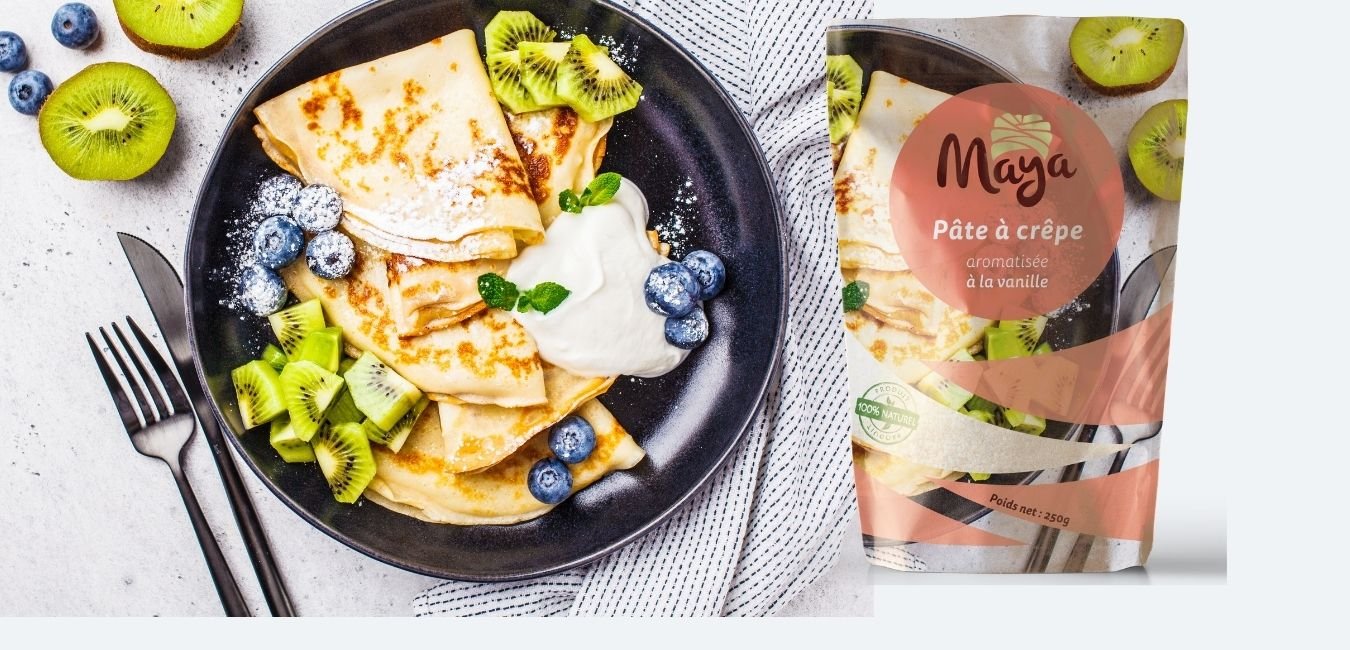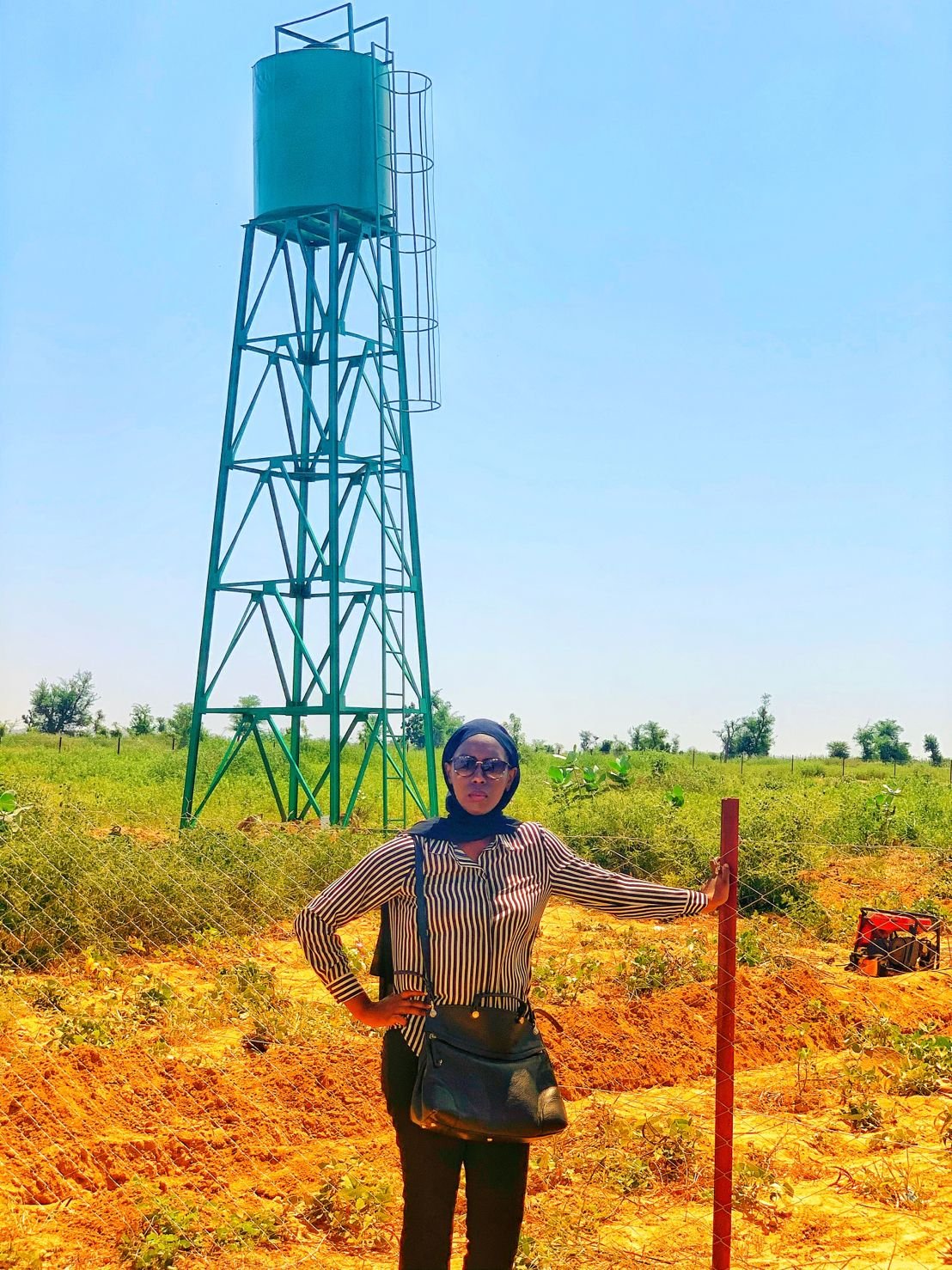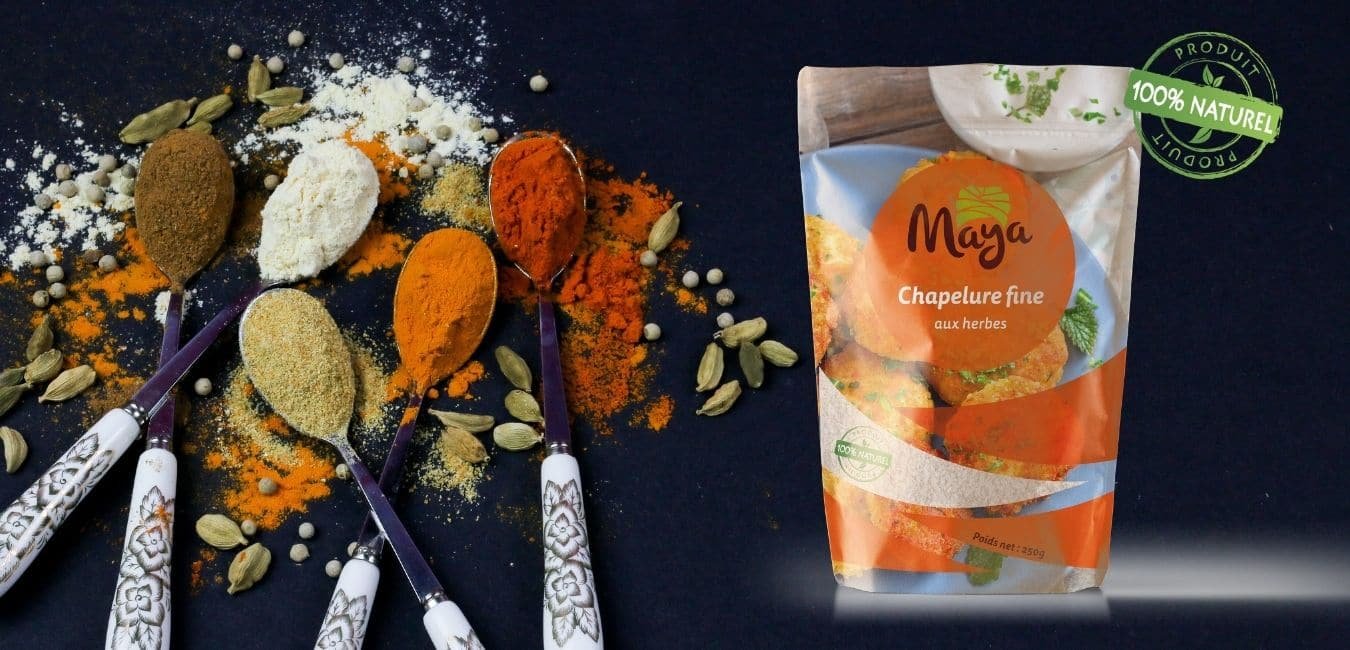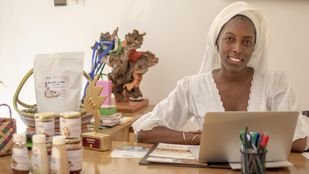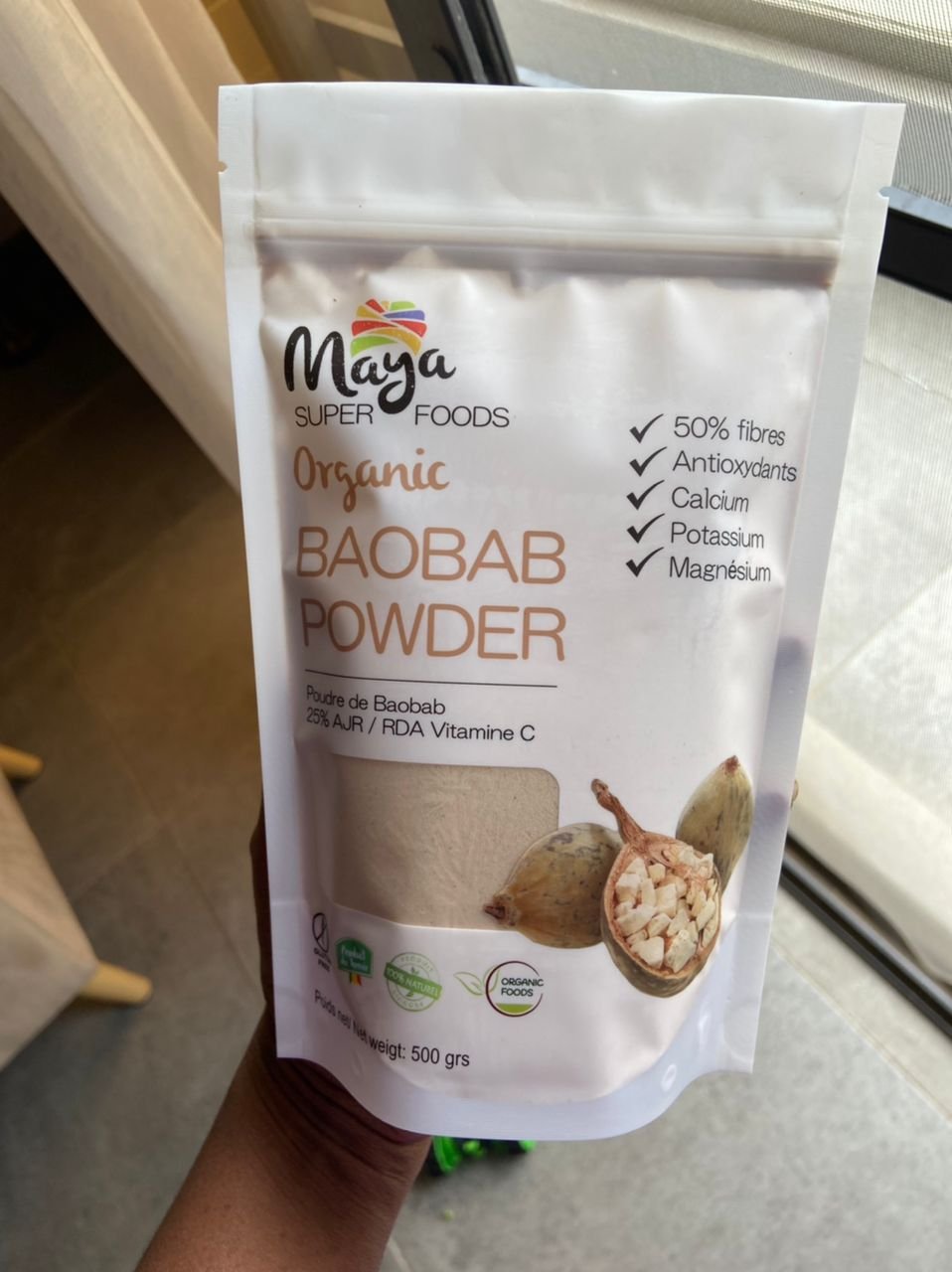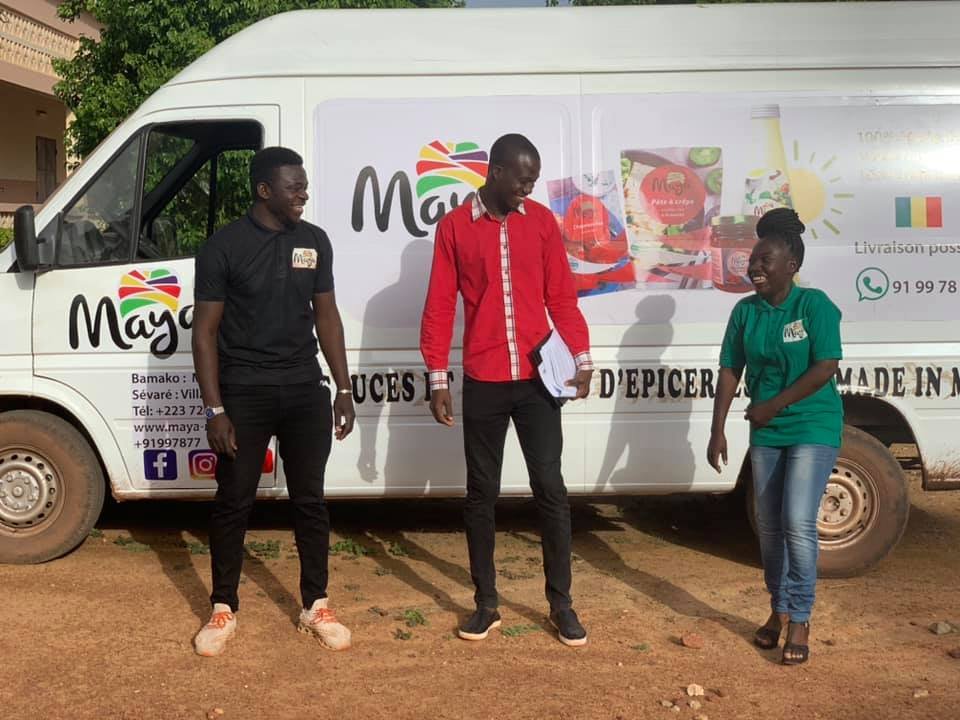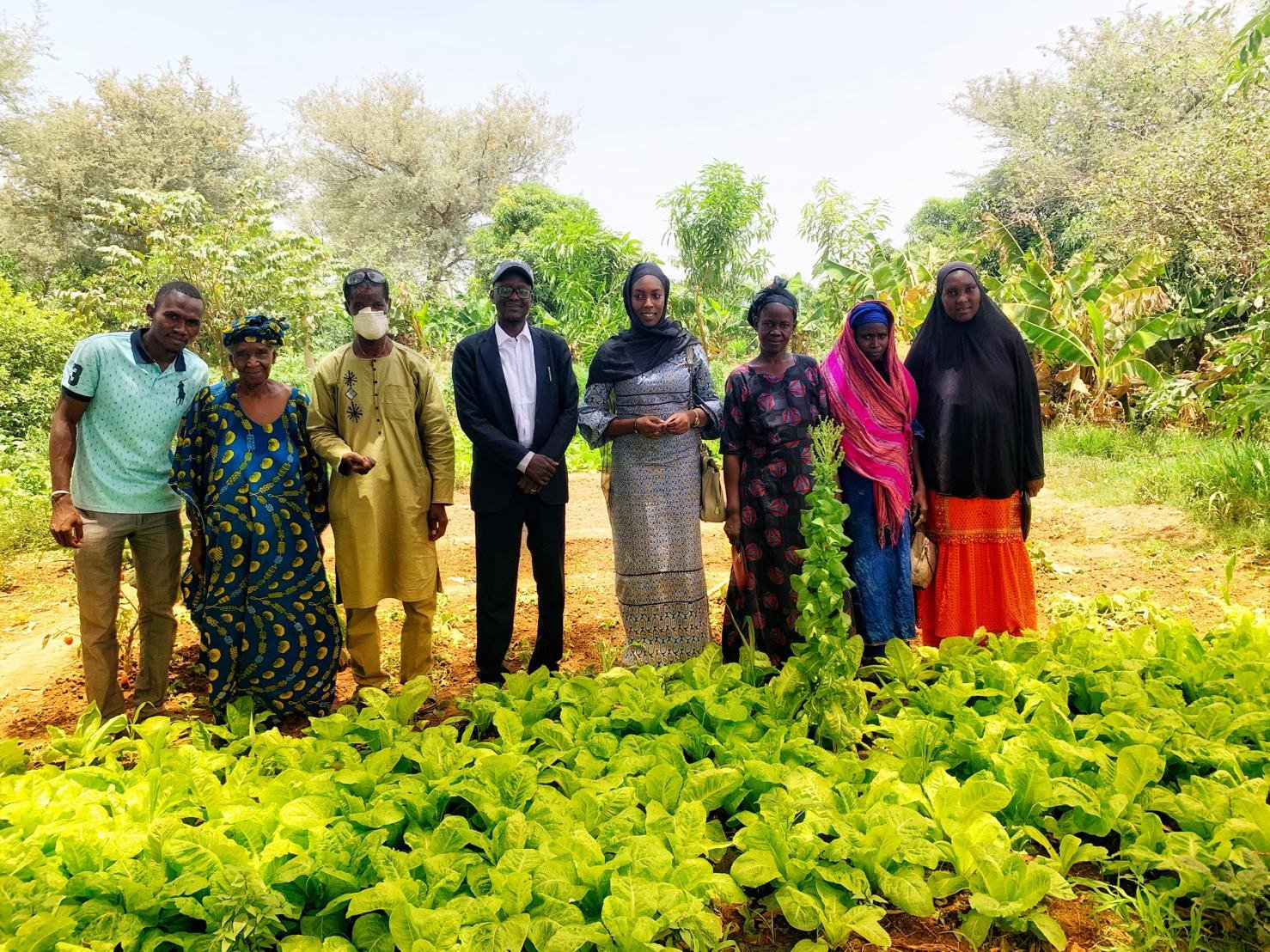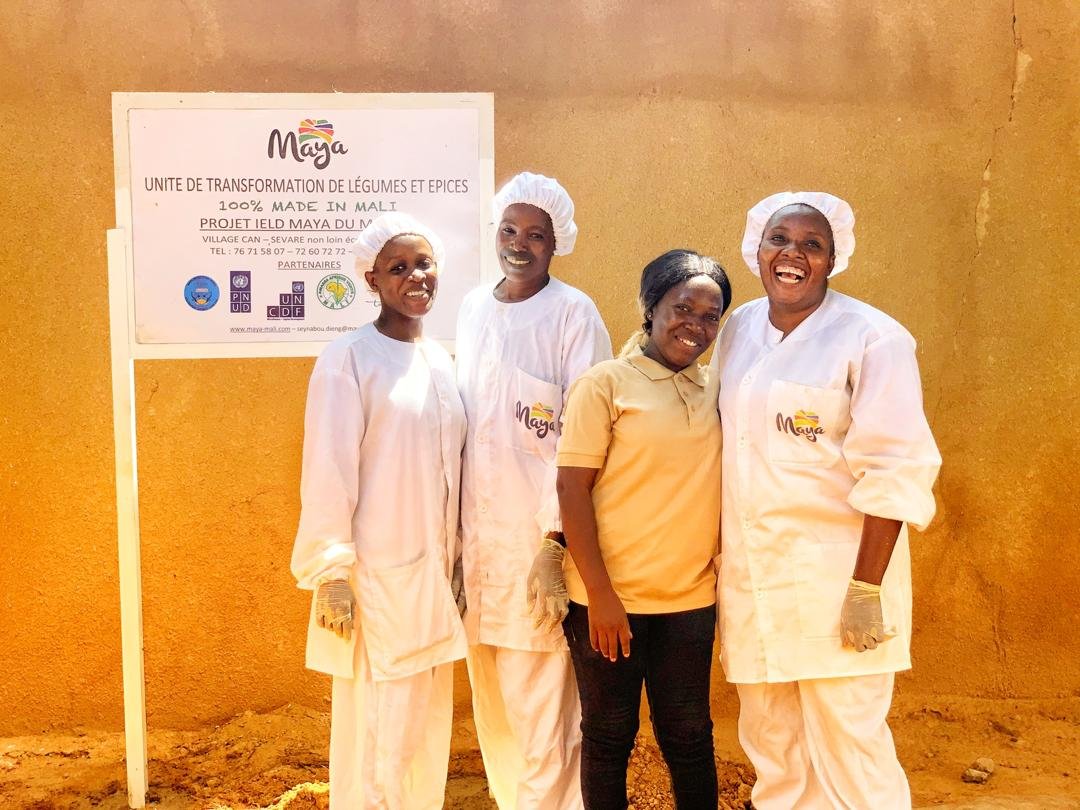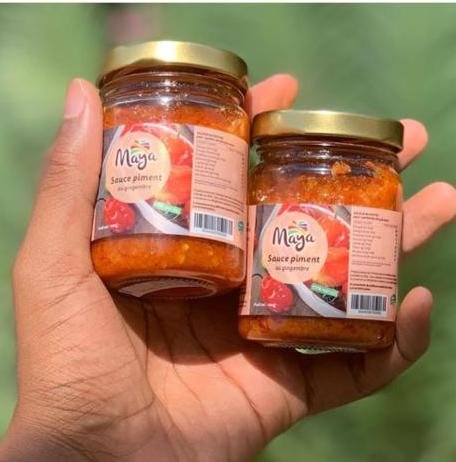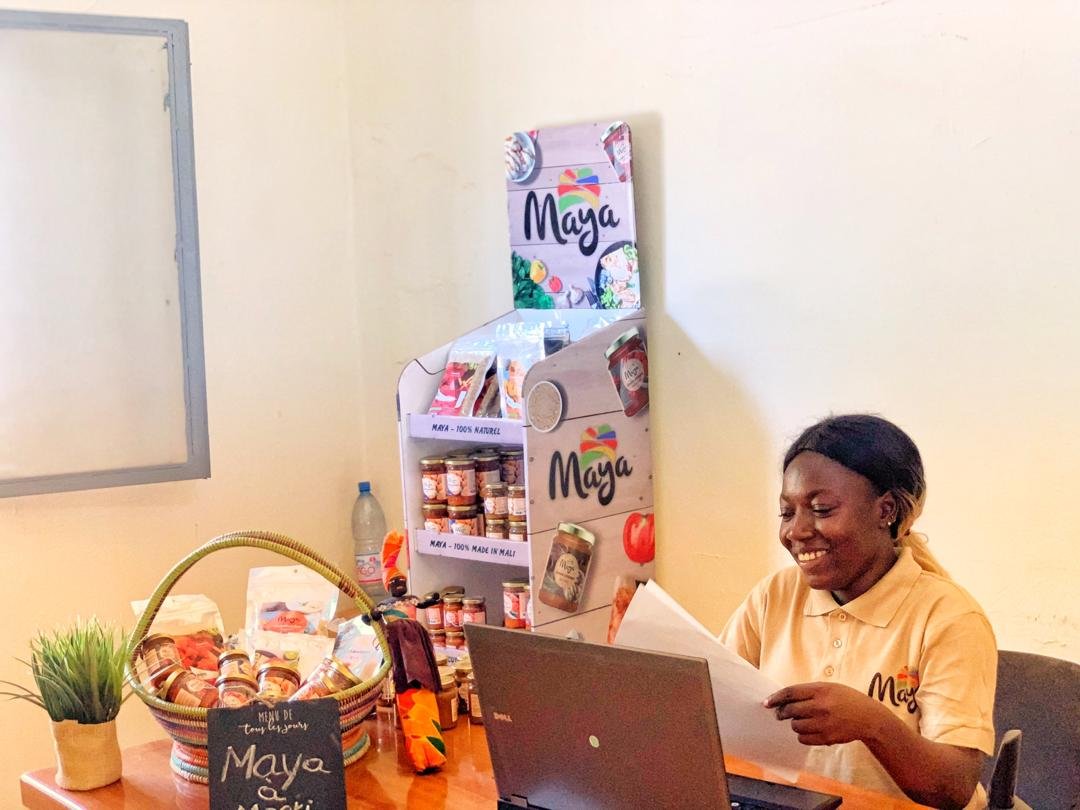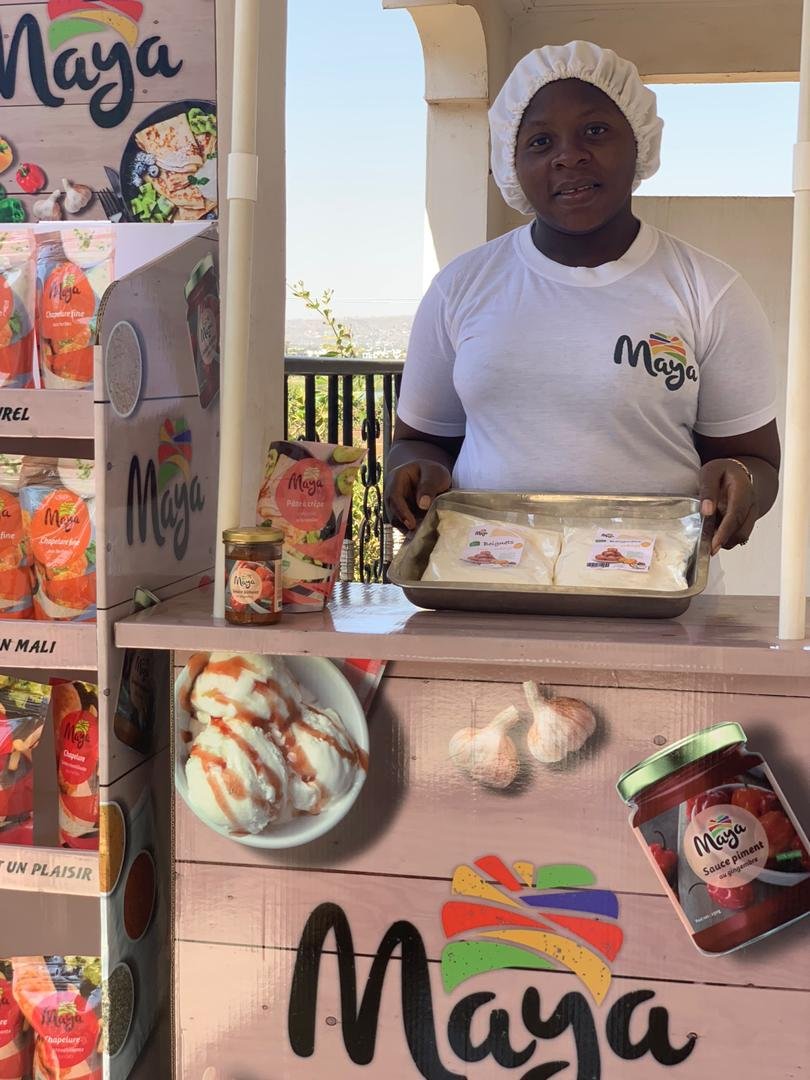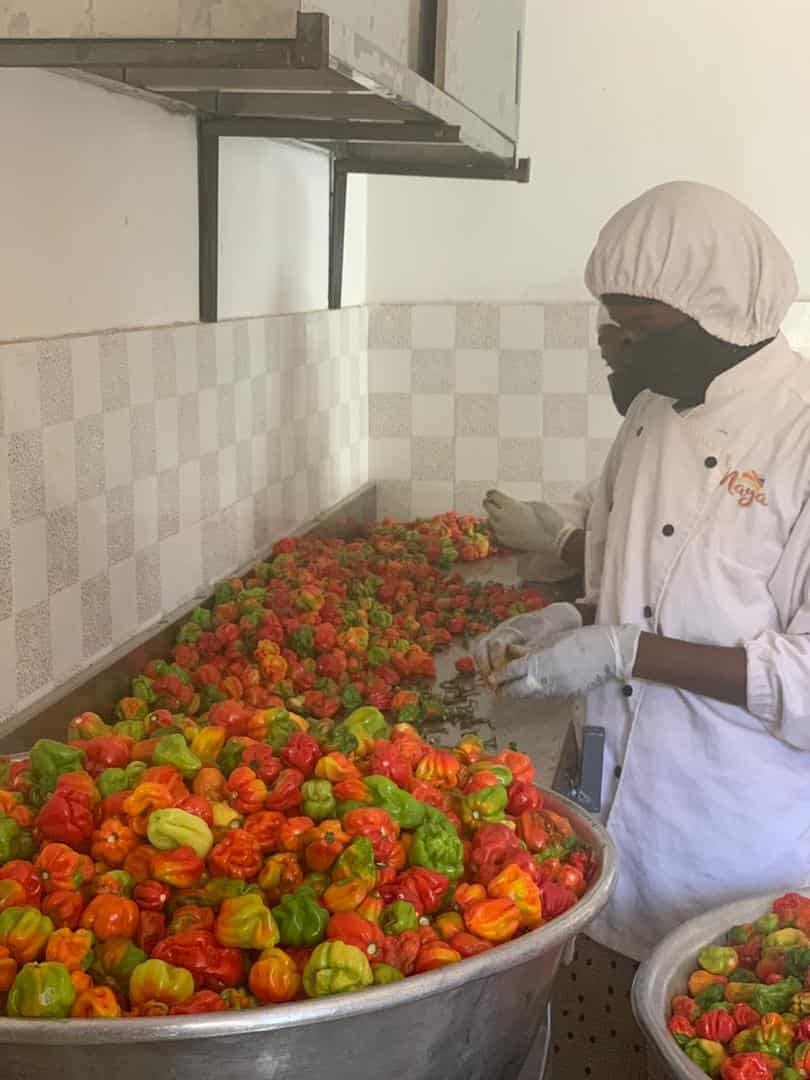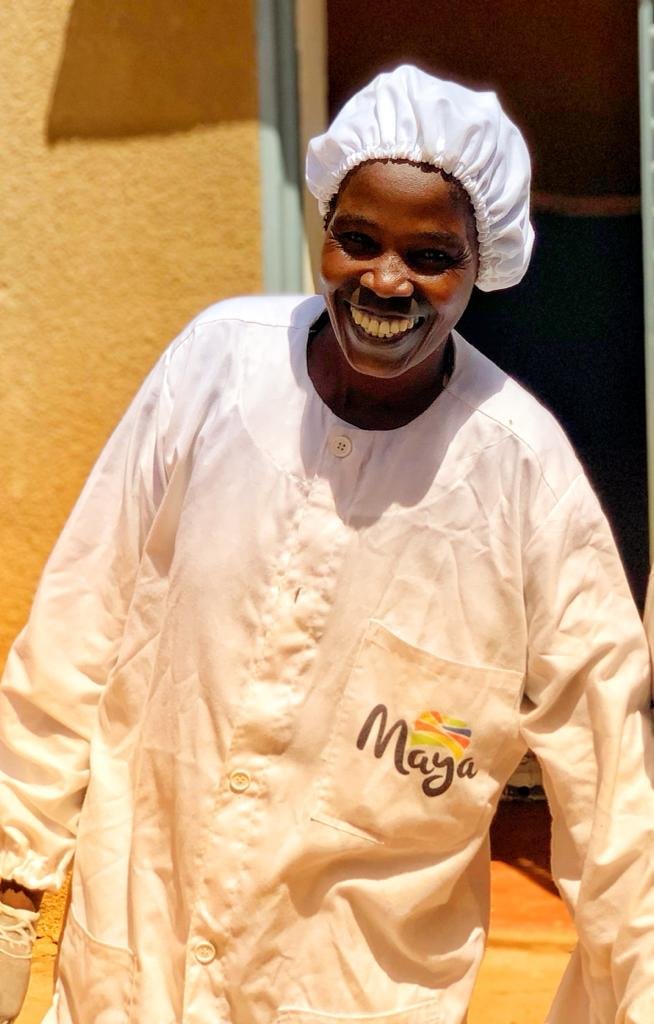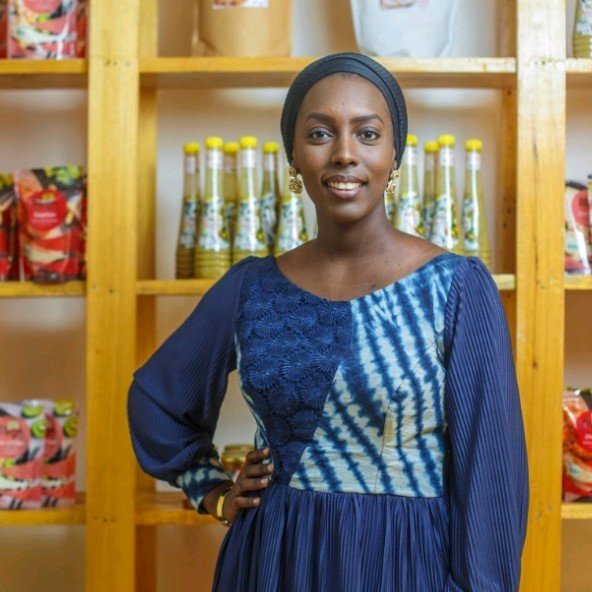LIONESS WEEKENDER COVER STORY
MAYA, a food processing business in Mali integrating local producers into its value chain
Seynabou Dieng is a social entrepreneur and the founder of MAYA in Mali, a food processing company founded in 2017 which uses raw materials from local agriculture and integrates small producers into its value chain. The finished products are distributed in Mali, Senegal, Burkina Faso and Ivory Coast. Seynabou is committed to the cause of women and young people; 80% of her staff are women and and she devotes a great part of her time to coaching young entrepreneurs. Seynabou’s leadership in entrepreneurship and her social commitment have earned her several distinctions, the latest being the Cartier Women Initiative, she was 2021 laureate for Sub Saharan African.
Lioness Weekender spoke to the impact driven Seynabou Dieng about her business and her passion for extending the agri value chain in Africa.
What does your company do?
MAYA produces a variety of manufactured foods made exclusively with local agricultural products and inspired by family recipes. Since 2017, the company has processed 78 tons of vegetables and cereals, a third of which come directly from its partner farmers whose revenue represents not less than 20% of each product's price. MAYA has developed a wide range of culinary products whose aim is also to help women spend less time in the kitchen so they can focus on their work and wellbeing: spiced breadcrumbs, ginger chili paste, local pancake and donut mixes, vegetable broth, precooked fonio, baobab and guava instant juice, etc... The impact on farmers has been significant. Farmers operate with more certainty and the money they receive enables them to buy seeds and support their families. MAYA’s 21-person team processes its products, which are available not only in Mali but also in Senegal, Burkina Faso, and Ivory Coast.
What inspired you to start your company?
After high school, Seynabou Dieng moved to France where she spent ten years before returning to Mali. “When I came back, I was shocked to see that everything I eat comes from elsewhere,” she says. And, when she visited the market, she saw vendors forced to throw away their unsold produce because they had no means to preserve it as they returned to their villages. “I felt like I had to do something.” She discussed the problem with someone who knew it well—her cook. Maya is one of my former cooks. She told me how women in the market struggle to sell their products.” The business named for Seynabou’s former cook began informally. Every weekend, she and Maya bought vegetables, herbs, and spices from the market. Back home, they wondered how they could store and preserve their purchases. “We used to cut it, mix it, put it in small bags, and put it in the fridge,” Seynabou says. She began sharing on Facebook how she processed the produce. At first, she and Maya did it for fun. Then their food processing posts went viral and people began asking to buy what they had made. “This is how it became a business.”
What makes your business, service or product special?
Food is much more than nourishment. Food is a cultural touchstone that can connect people to their heritage. In many places, however, the food people eat has no relationship to their local communities. This is true in Mali, where 75 percent of the country’s 20 million people depend on agriculture. Yet agriculture generates only 38 percent of the country’s GDP. The food industry is underdeveloped, meaning that Mali imports a majority of its manufactured food products. These imported foods, often the only choice available, don’t meet people’s expectations for taste and value. This broken local supply chain contributes to poverty and youth unemployment. MAYA tackles this problem by offering not only a product but a new philosophy saying: yes we too can do wonders with our local products. The brand highlights the fact that both the venture and the products are made by women hoping that it would inspire other women to start their own venture and to contribute in changing the dots on the West African food industry.
Tell us a little about your team
The MAYA team is made up of very dynamic young people. Most MAYA employees arrived for an end-of-study internship and are now full members of the team. Seynabou tries to transmit a strong corporate culture and encourages employees to be agents of change themselves. It instills in them values such as resilience, self-transcendence, flexibility and autonomy. They are MAYA's greatest strength.
Share a little about your entrepreneurial journey. And, do you come from an entrepreneurial background?
After a DEUG in economics obtained at the University of the Sorbonne in Paris, then a master's degree in strategy and international marketing at ESSEC, Seynabou decided to return to Mali in 2015 to contribute to the development of the country. She began her career in an NGO that did social marketing before embarking on entrepreneurship. This experience in NGOs allows her to know the rural world and women's issues. Her studies in economics gave her the certainty that the wealth of nations depends on production, which is why she wrote a professional thesis in 2015 on “Options for Improving the Value Chain of the Dairy Sector in Mali”. The real trigger for her was Brazil; it was during her stays there that she was convinced that consuming locally is a path to emergence available to developing countries. Back to Mali in 2015, she was so frustrated by the lack of value people gave to locally farmed products that she decided to start MAYA.
What are your future plans and aspirations for your company?
Our future growth relies a lot on exportation on bigger West African Markets such as Senegal, Ivory Coast, Ghana and Nigeria. To succeed we need the right quality standards to reach those markets, to reach these quality standard we need to build our own factory and work with industry experts.
What gives you the most satisfaction being an entrepreneur?
I am happy when I see my staff feeling good and feeling trust in a business that started in a kitchen 4 years ago. I am happy when I realize that some of them have seen their salary triple in 3 years and have been able to fund a family .
What's the biggest piece of advice you can give to other women looking to start-up?
Entrepreneurship requires a lot of work and sacrifices, and it a lifetime journey most of the time. My advice to entrepreneur is to choose a business that you enjoy and you will succeed. When you love an activity, you don't count your hours of work, nor the money you invest in it, and at some point success will arrive without you even noticing it.
To find out more about MAYA, contact Seynabou via email: seynabou.dieng@maya-mali.com or visit the company’s website and social media platforms:
